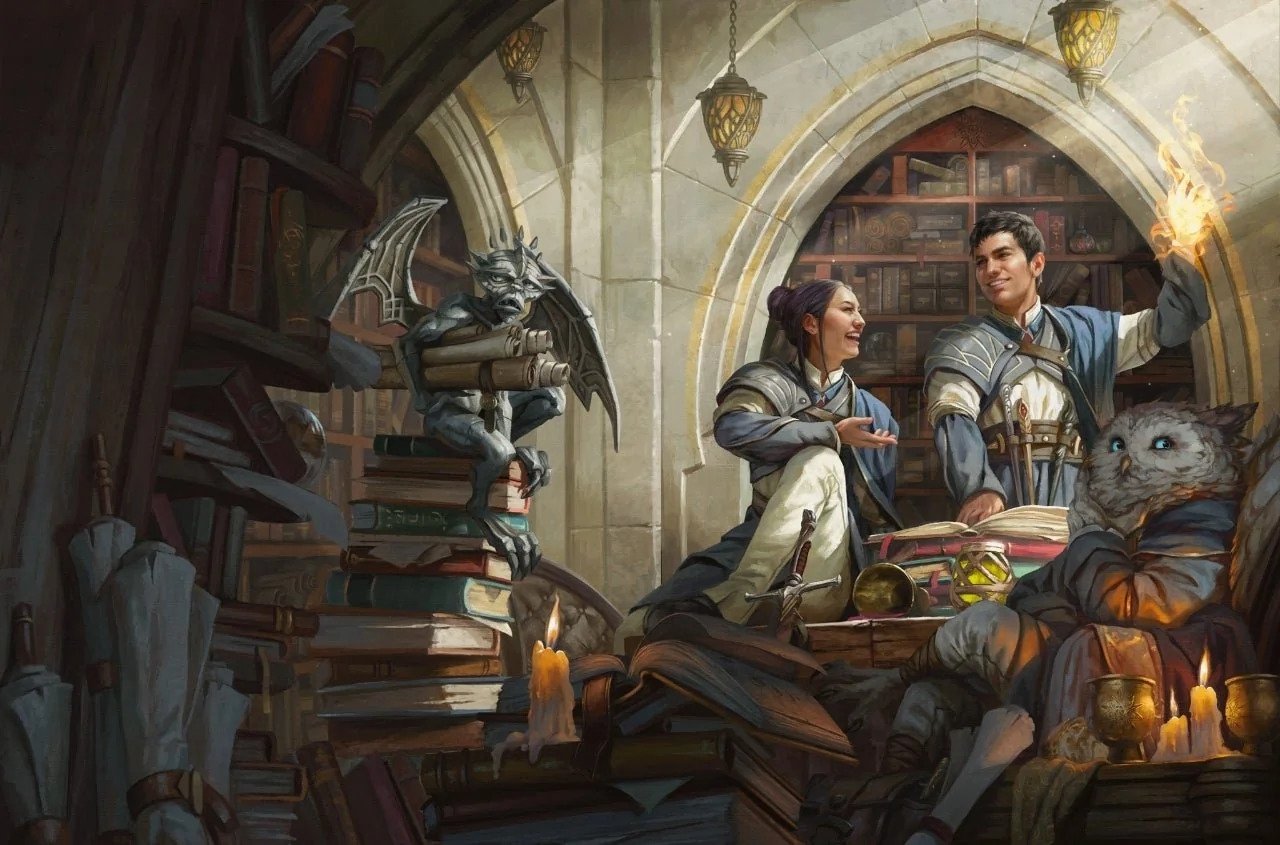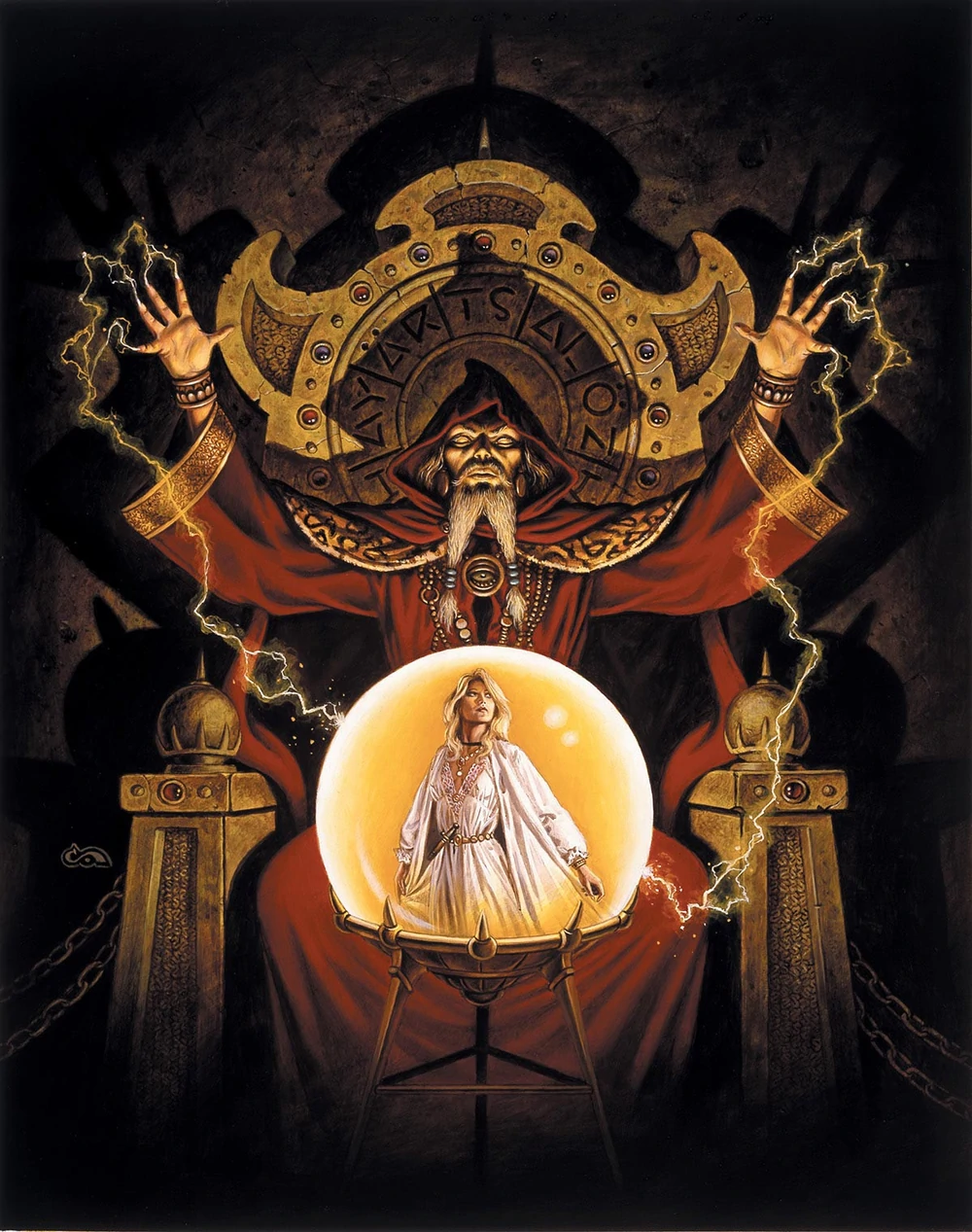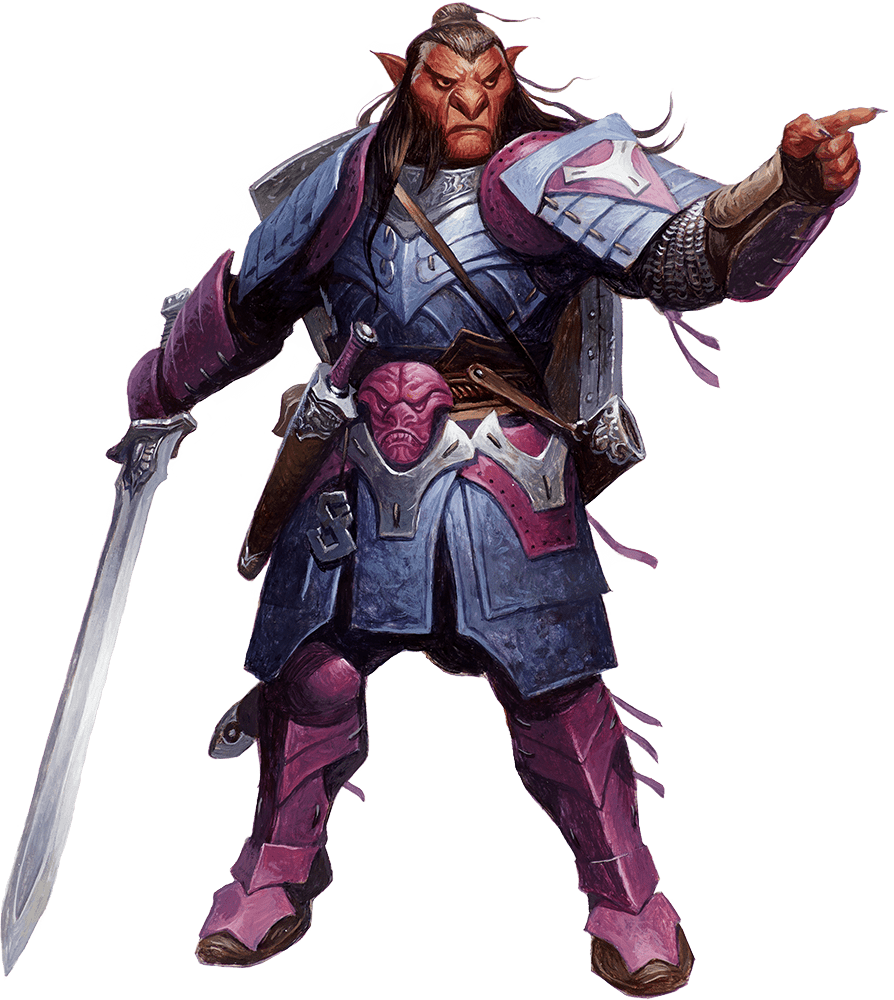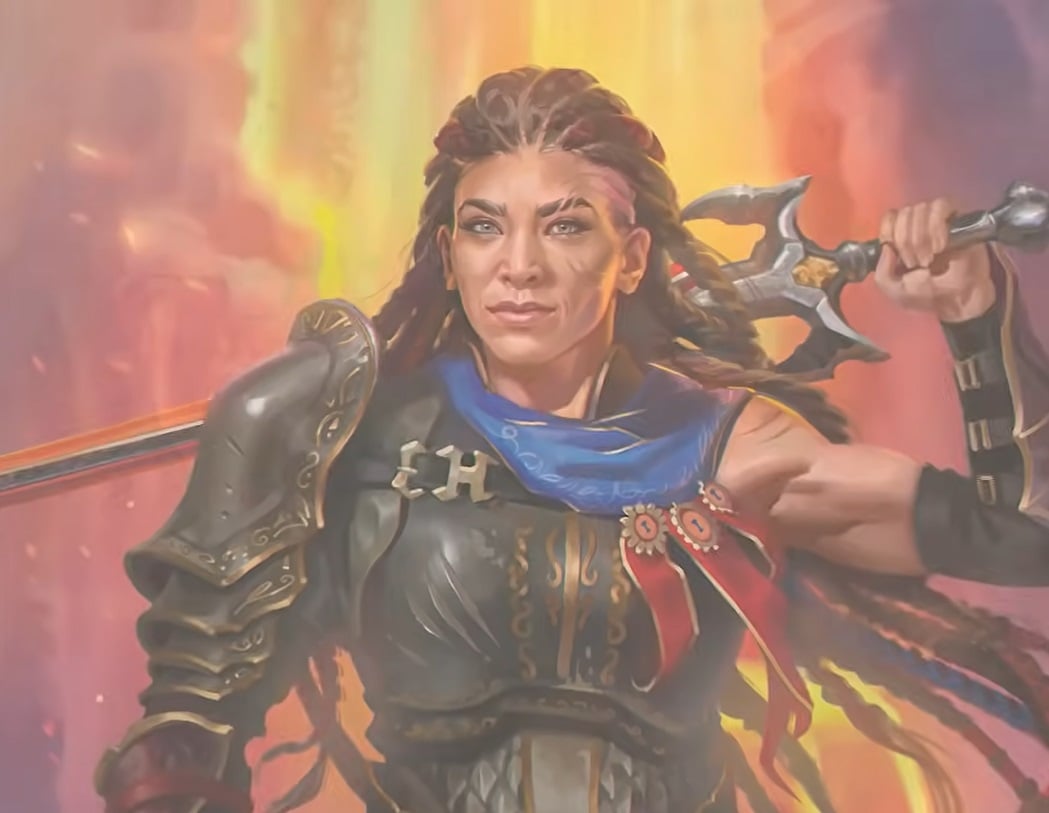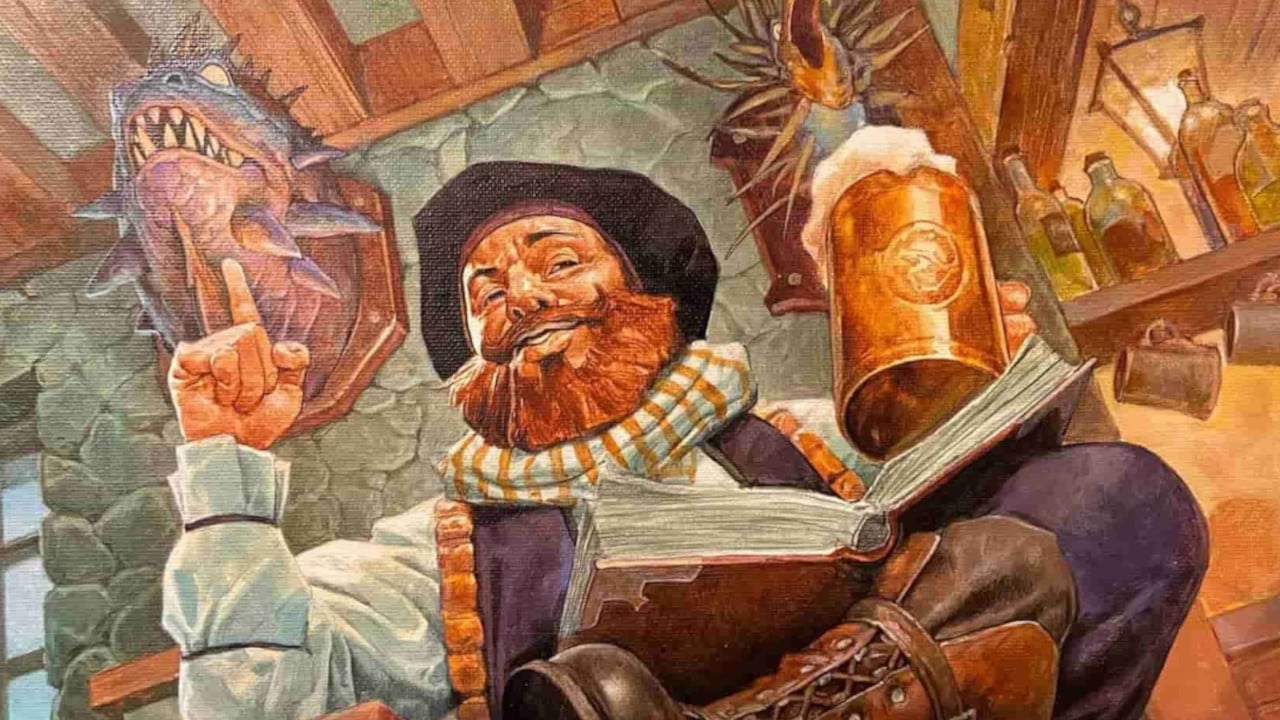D&D: Five High-Powered House Rules For High Fantasy
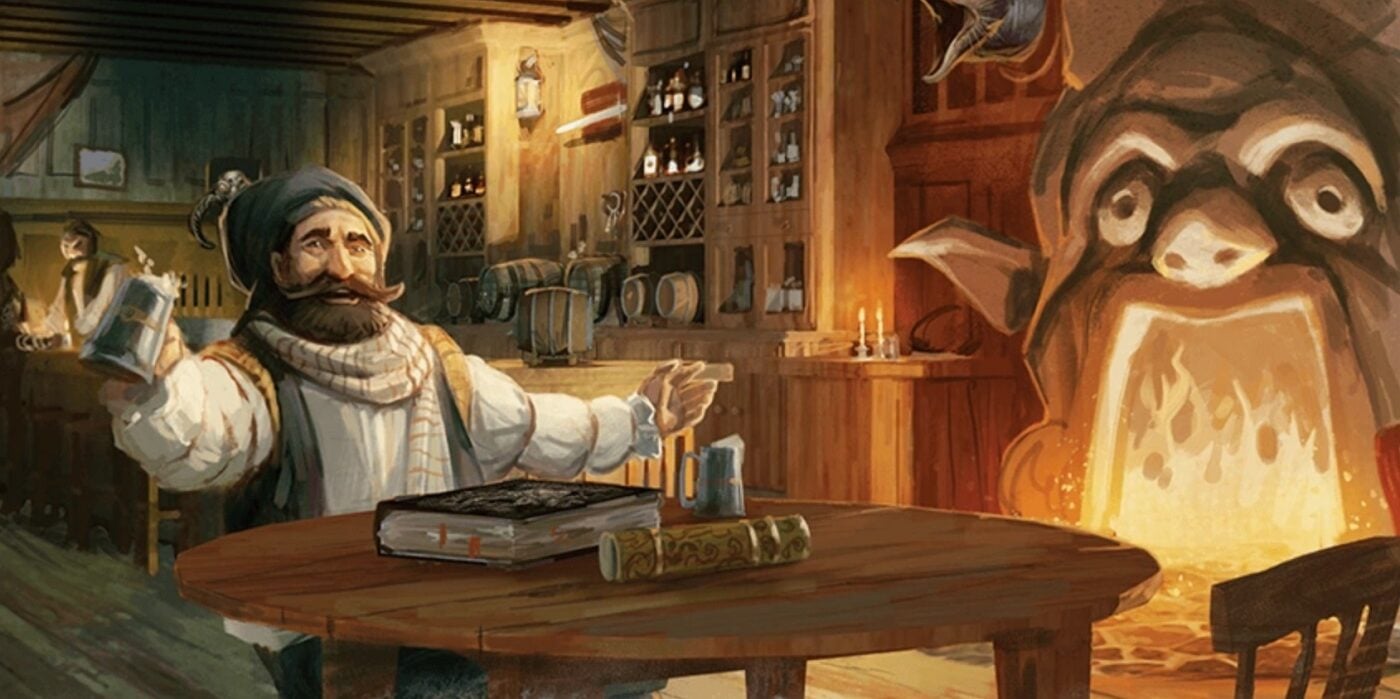
Want your games to feel like they really out the High in High Fantasy (not like that)? Try one of these high fantasy house rules.
If you’ve ever played D&D, you know the importance of House Rules. Homebrewed D&D is a big part of what makes the game enduring—and what drives the 3rd party market. Although, really, if you think about it, all D&D is homebrew, some just has more people saying “no.” If you’ve ever stumbled into a broken build, you know exactly what I mean.
The right house rules can really change the tenor of your games. For instance, if you want to play a higher-powered, higher fantasy game, you might consider trying some of these house rules that are shades of things people have tried throughout the Editions.
Of course, higher power and higher fantasy means stronger characters – but that’s just an excuse to get to play with the harder monsters faster. Your mileage may vary. All of this is just stuff to try playing with – ultimately everyone’s house rules are up to them.
Give Everyone Magic Initiate
High fantasy often means high magic (someone’s gotta retune those resonance crystals, after all). And one way you can really lean into that whole theme is by making everyone at least a little magical. In previous editions (as early as 1st) every character had at least a little chance to be psionically powered in addition to whatever else they did.
This rule is just sort of a natural extension of that—only you’re making every character magical from the jump. When everyone has at least some magic they can call on, it starts to explain why the world is full of floating citadels and things like that. Plus, it gives your characters extra resources and tools to play with when creating a character.
Arcana, Religion, and Nature – Far More Than Just Knowledge
One of the things about High Fantasy stories is that they often feature magic being used in ways that are hard to categorize and put into a tabletop RPG rulebook, unless you’re Brandon Sanderson. But even then, a lot can get lost in the translation.
One thing you as the DM can do is allow players to try and do weird magic stuff that doesn’t necessarily fall under the purview of the typical “spell and spell slot” system of D&D, is to let them roll an Ability check, usually the one associated with their magic of choice: Arcana for Arcane casters, Religion for Divine, and Nature for Primal casters like Druids and Rangers. Make a check, do a weird thing with magic on a case by case basis.
Your Sword Levels Up With You
This is a house rule so popular it’s existed in some form or other throughout the various editions of D&D. In 3rd Edition, it even had its very own dedicated splatbook from WotC—if you want to go down a rabbit hole, look up Weapons of Legacy sometime.
You can see shades of it in Critical Role’s special Vestiges of Divergence. But the basic idea is that as you level up, so too does the weapon you start with, gaining abilities as you do. Again, this one is an art as much as it is a science, but a good rule of thumb is start at a +1 weapon, then layer in other effects like Flame Tongue or whatever, then increase it again if you want, or keep adding stuff until you have what feels like a potent, unique weapon that has modeled itself alongside its wielder.
Battle Master Maneuvers For All (Or At Least For More)
Just like giving everyone the Magic Initiate feat, you can also play up the High Fantasy nature of the world by making everyone a little more skilled in combat. The Battle Master Fighter subclass has examples of cool combat tricks that were once intended to be part of the Figher’s core kit (until playtester sentiment made WotC change their minds). You can either give every player access to these, or let them start with the Martial Adept feat (which gives you a Battle Master die and a small selection of maneuvers) to play with.
This way, every character will have at least one extra trick to play with. Or you can leave it for those who don’t really do magic—either way, you’ll be boosting the power of your players.
Using Character Options as Quest Rewards
Finally, one of the things you often see DMs start playing with is the idea that not every increase in your character’s power has to come from their level. With this house rule, DMs may award players additional features—like a bonus feat or proficiency with an ability or whatever as the reward for completing a quest. Baldur’s Gate 3 does stuff like this all the time, using items or capabilities as carrots for playing in the world.
Anyone who’s ever gotten a magic eye from Volo, or a stat boost from dear old Auntie Ethel is familiar with how they can feel from a player’s perspective. These are at their best when they’re something the DM decides to grant as a reward for certain actions—but they can really maake characters feel unique.
What are some of your favorite house rules?

